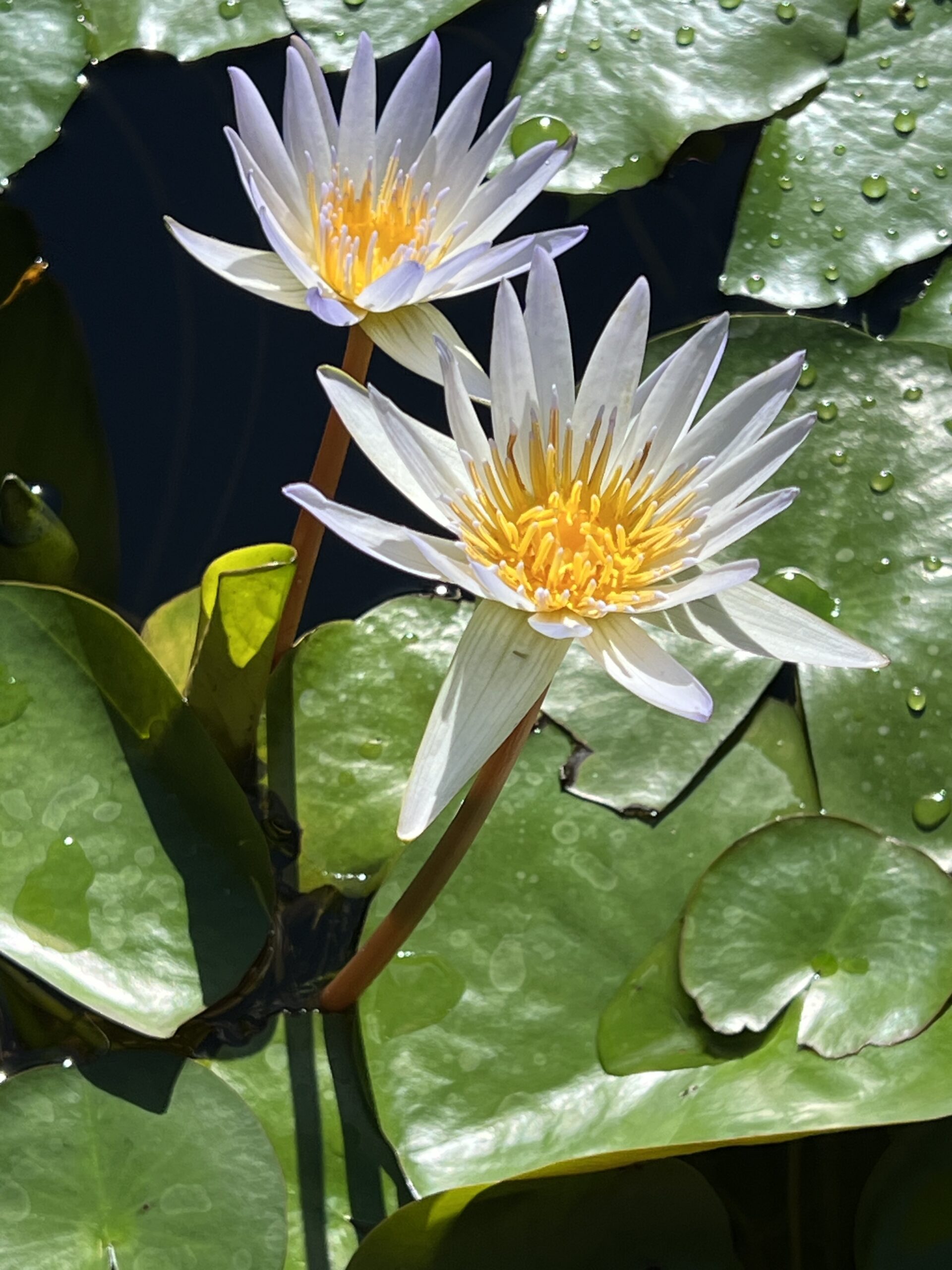“You only live once, but if you do it right, once is enough.” (Mae West)
The title of this blog came to mind a few minutes ago, and aptly so, as I was in the process of layering the kitchen scraps, grass clippings and hay into my five-months-old composter. Though it’s probably too soon to tell, what I’ve seen in the barrel so far looks more like mulch —something to discourage weeds, rather than nurture healthy plants. I’m reminded of the Christmas wreaths that I judiciously disassembled, and with which I christened my new composter in late December. I had high hopes of tumbling out dark, rich loam sometime before going home to B.C. In a couple of weeks. To yet another lockdown.
Though I’m not looking for (nor apt to get any) sympathy, returning to what is essentially a déjà vue in Vancouver is a daunting prospect. At this point, doing anything outside my now-familiar routine is a daunting prospect. Sometimes, say, after reading the latest news, even flossing seems daunting. Variety may be the spice of life, but hearing about variants of COVID 19 (romantically named B.1.351 and B.1.1.7 etc), whose total global cases have now exceeded 128 million, is enough to make me want to crawl under a rock. Alice’s rabbit hole comes to mind…
Which is why it is helpful to be reminded of Chogyam Trungpa Rinpoche’s chapter about the manure of experience in his book “Meditation in Action” (Shambhala Publications). In this particular chapter Trungpa writes about the need to reflect on our failures as much or more-so than our successes, for, by extracting the lessons learned through making mistakes, we stand to achieve better outcomes in the future. Trungpa talks about all the ways in which we humans tend to sweep our problems, mistakes, and miscalculations under the carpet, or toss our metaphorical rubbish over the fence into the neighbor’s garden. He explains it thus: “unskilled farmers throw away their rubbish and buy manure from other farmers, but those who are skilled go on collecting their own rubbish, in spite of the bad smell and the unclean work, and when it is ready they spread it on their land, and out of this they grow their crops.” In layman’s terms, this might equate to paying a psychologist, or guru, to tell us what we might otherwise learn from becoming our own laboratory, from using our minds to study our mental and emotional faculties. Our past choices and actions.
In other words, if I am to benefit from leading an examined life, I first have to take stock of the decisions that brought me to this point in time. My schemes and the desires that spawned them, my mistakes and the reasons I made them, (including putting evergreen needles in my compost barrel) are the fodder out of which I grow my inner and outer garden. My personhood.
If it’s not too big a stretch, it could be said that my mind is a metaphorical compost barrel — what I put into it bears a direct relationship to what comes out of it. And always has. The point of reflecting back, even into the more distant past is to see how I reacted or responded to things that happened, and reflect on whether my response would be the same were those situations to crop up again.
They say that time heals all wounds. This is only so if time also provides for more context, more experience, more objectivity.. Without the latter, one is apt to continue making the same mistakes over and over again. (Unless by some fluke one stumbles on a better way. As my husband likes to say, even a blind squirrel finds a nut once in a while).
As composting has taught me, we are accountable for our past mistakes in one way or the other. Adding evergreen clippings to my compost was a rookie mistake for which I need not be berated. But it will admittedly affect the quality of the compost. It will take more time for the pine needles to process through. But that time will undoubtedly pass, and by adding in other, more suitable materials, the toxic effect of evergreen debris with be dilluted. The same can be said for many of the things I may have done in ignorance. They all have their consequences. That is something I must accept, learn from, and move on.
After all, my cumulative experience is what makes me, me. It’s no use pretending to be something or someone I’m not. Trying to ignore, hide, or deny my past mistakes doesn’t fool anybody. Besides, as Trungpa says: “this collection contains good things disguised as bad and bad things disguised as good”. It is only through reflecting on this “collection” that I am able to see what Trungpa means. By continuing to lead an examined life, by continuing to learn and change with each passing day, I can find the silver linings that were not obvious at the time. By applying this learning, the outcomes, and my effect on the people around me, are bound to improve. Though in some ways my experiences are unique to me, in other ways, they are shared by countless of my friends and colleagues. Thus an added bonus to leading an examined life is the opportunity to share what I have learned with others, and, ideally, save them from making the same mistakes. In so doing, I can gradually become the change I wish to see in the world today.
To quote Mae West: “I never said it would be easy. I said it would be worth it.”
